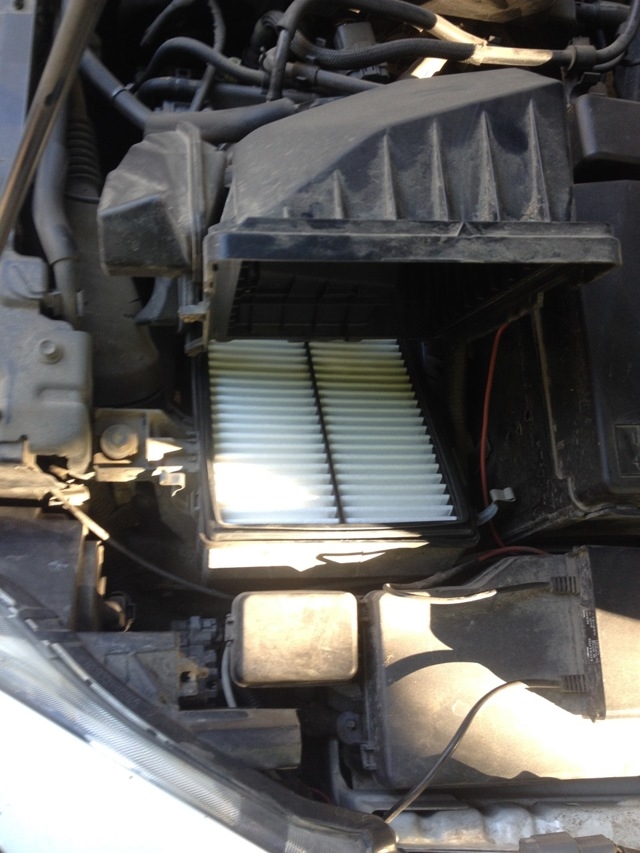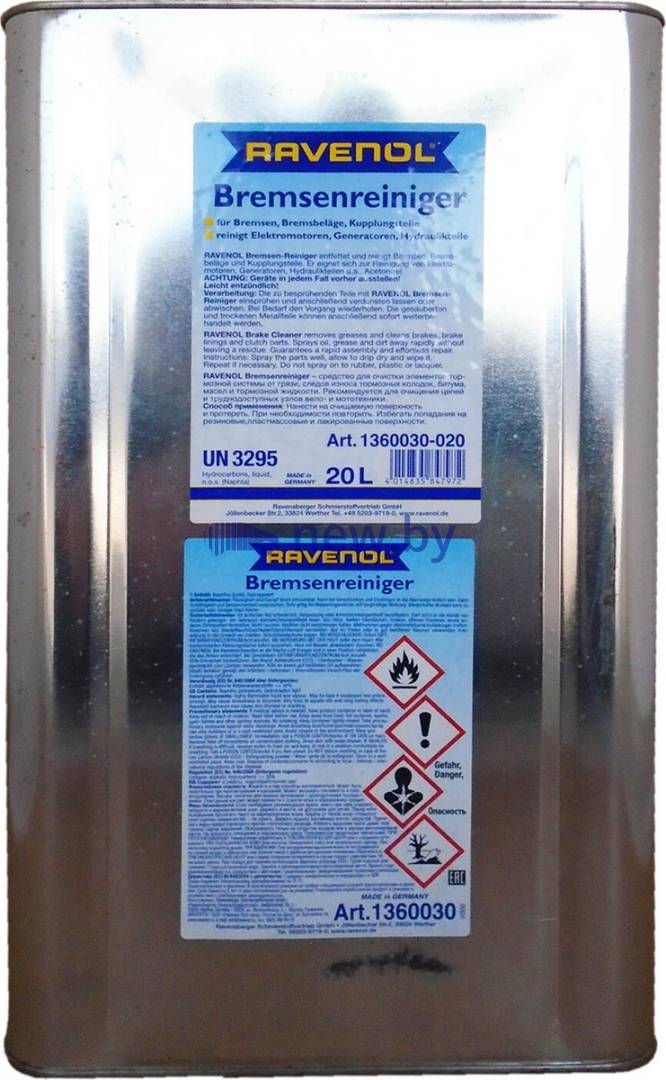Author Email:
Content
Subtle physiological changes start occurring within 72 to 96 hours of no alcohol, says Johnson. The first big one most people will notice is sounder slumber, as alcohol majorly messes with sleep cycles. By cutting out booze, you can score more get-up-and-go, more patience with your kids, a clearer head, and much better health overall — and it doesn’t take long to reap the benefits. Although each person’s experience will be unique, here’s a general timeline of what happens when heavy drinkers give it a rest.
With the worst of the physical symptoms behind you in primary detox, your outlook is likely to improve significantly. The first one to two weeks without alcohol is a revolutionary time for many – a chance to redefine relationships, coping mechanisms, and healthy habits. Even though it may not feel like it, the acute withdrawal stage of the recovery timeline can be the beginning of something great. The onset of the first symptoms is evidence that your body is beginning to shift into healing gear. If alcohol is used over the long term, it can actually affect the brain’s electrical potential.
During your first month of recovery, you may start to notice the emotional effects of quitting alcohol. These are all what happens when you quit drinking completely normal, and they’re your brain’s way of operating as it begins to heal itself from damage done by alcohol.
Tapering Off Alcohol
“Engaging in daily physical activity will help to support healthy cerebral circulation and lift your mood by balancing neurotransmitter levels and feel-good endorphins,” says Dr. Willeumier. “Even starting a meditative practice that incorporates breath work can ease anxiety and stress, helping to stabilize emotions.” Therefore, cutting back on alcohol or quitting altogether can help you shed some pounds if you are trying to lose weight. Alcohol is linked to serious health conditions that can be life-threatening. If you’re trying to have kids, your chances will be better once you stop drinking because alcohol reduces fertility.
At Fort Behavioral Health in Fort Worth, Texas, quitting drinking can start as soon as you enroll in our alcohol detox center. It’s clear that alcohol, and heavy drinking in particular, can up your chances of several types of cancers, including in your esophagus , mouth, throat, and breast. http://radiosfm.fr/2021/04/13/halfway-house-vs-recovery-house/ What’s less clear is if quitting alcohol lowers your chances for cancer and, if so, how long it might take. Some studies suggest potential benefits, but scientists don’t know for sure. Enjoying alcohol socially in reasonable amounts can boost your mood and help you bond with others.
Anyhangover side-effectsare now officially out of your system and your carb cravings subside. Champion says 72 hours after quitting is when “you finally feel back to yourself physically and mentally.” While your skin has been improving steadily over this month, you’ll notice the most significant difference at this point. Not only Drug rehabilitation that, but your kidney health improves, and your risk of stroke or heart attack is significantly decreased. One hour after your last alcoholic drink, your liver begins filtering the alcohol out of your bloodstream so that it doesn’t poison you. It changes the chemical composition of alcohol to acetaldehyde, and then acetate.
Cenikor is there for you if you have questions and will answer your treatment concerns. There are people who report they have an epiphany or spiritual experience when going through alcohol withdrawal. More than likely, this was due to the brain secreting more dopamine when you’re sick.
What Life Looks Like The Day You Stop Drinking
However, the information provided by Addiction Group is not a substitute for professional treatment advice. Support Groups — Support groups are peer-led groups that help people stay sober. They can be a first step in overcoming alcoholism or a component of an aftercare plan. Excessive drinking can take a toll on your liver, potentially leading to fatty liver, cirrhosis, and other issues. The good news is that it is possible for your liver to repair itself and even regenerate when you stop drinking.
Find treatment facilities and programs in the United States or U.S. The National Association of Addiction Treatment Providers is a nonprofit professional society designed to offer support to organizations across the continuum of care.
Being intoxicated sends the hypothalamus in the brain into high gear, which makes the body more sensitive to food smells. That, combined with alcohol’s famous ability to remove inhibitions, Sobriety leads to extra eating. If you are a heavy drinker, you may not be out of the woods after 48 hours. Between hours is generally when the onset of ‘delirium tremens’ occurs for some.
In most cases, having these symptoms when you’re trying your best to cut down on your alcohol intake is a good thing. However, it can be very unpleasant and potentially dangerous in some cases, so you should always seek help from the doctor before doing it. Since you’re probably not physically addicted to alcohol, going without it for a few days won’t make much difference on a physiological level.
Treatment Programs For Overcoming Alcohol Abuse And Addiction
This can result in forgetfulness that may obstruct day to day life. Once a person stops drinking, he or she will likely meet with better memory holders. Many people meet with weight gain issues as the result of regular consumption of alcohol. On the other hand, some people may lose weight from not destroying and lesser the nutrition after heavy drinking. When a person gives up drinking, he or she may lose or gain weight depending on the individual’s earlier habits when drinking. How long it takes to feel better after you stop drinking will vary from person to person. Generally, you will start to feel healthier within a week or so of quitting alcohol.
Even moderate users or those who have been drinking in excess for a short period of time can experience mental fog, anxiety, and mood changes. One year and beyond, you’ve made it so far on your journey towards sobriety. Take some time to reflect on this process and every step you’ve actively made along the way to improve your physical and mental well-being. The fat doesn’t just start coming off of your liver, as by this time you may also begin to notice a decrease in belly fat. Alcohol contains many empty calories and increases appetite – one month without may start showing results on the waistline. The biggest improvement for your skin health generally occurs around the four-week mark as well.
How To Safely Treat Alcohol Withdrawal Symptoms
Cenikor optimizes your resilience while providing the compassionate treatment you deserve.Contact us todayso your future has unlimited opportunities. Rather it’s because your Sober living houses brain’s chemistry is trying to figure out what’s going on. The recovery stage of alcohol withdrawal is where your brain is returning to normal GABA and glutamate levels.
- Too much alcohol can damage those enzymes and lead to cell death.
- Drinking too much can also cause fatty liver disease, inflammation of the liver and, over time, cirrhosis and liver failure.
- This is the most challenging period of sobriety, as the body and mind may still be expecting alcohol in the system.
- The most severe symptoms are usually experienced two to three days after stopping alcohol.
- These types of small things and activities can play a significant role in quitting addiction problems.
- Our doctors may suggest different types of assessment and support options available to you.
Delirium tremens — Delirium tremens typically begin two to three days after your last alcoholic drink and peak around four to five days after it. It causes severe shifts in your breathing, circulation, and temperature control that can be dangerous to your health. Alcohol withdrawal seizures — Seizures can occur about six to 48 hours after your last drink, and it’s not http://przewozyviktor.pl/how-can-i-flush-alcohol-out-of-my-system/ uncommon for several seizures to happen within several hours. Alcohol hallucinosis — Alcohol hallucinations tend to begin within 12 to 24 hours after your last drink and can last as long as two days. And it’s the short window that you’re seeing of people having the time of their lives drinking with each other, not the hangovers, illness, and diseases that may follow.
Don’t Let Addiction Control You
Medications are also a highly substantial treatment in this situation. Your doctor may also suggest some of the medications that can help you control and somehow quit these types of cravings. Some of the medicines that the doctor has recommended like Campral, Antabuse, etc. which will help you to lower your habits to alcohol. All content created by Alcohol Rehab Help is sourced from current scientific research and fact-checked by an addiction counseling expert.
214 total views, no views today








